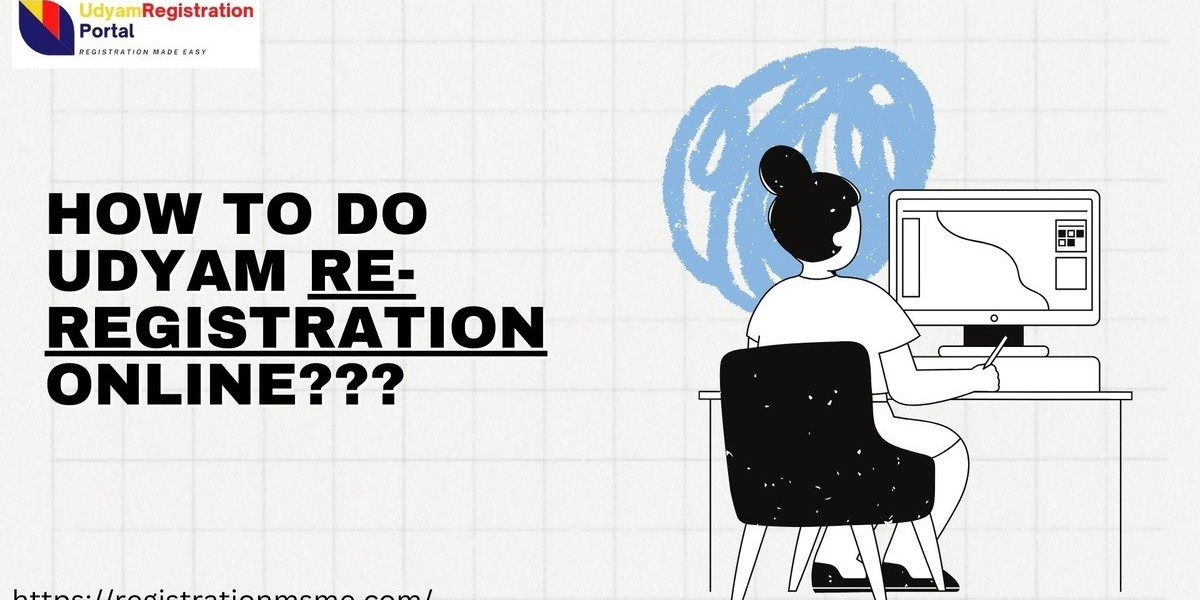Embroidery has always been a timeless way to decorate apparel, uniforms, accessories, and promotional merchandise. From intricate monograms on luxury linens to bold logos on corporate uniforms, embroidery adds durability and elegance that printing methods can’t always match. But before a design can be stitched onto fabric, it must go through a critical process called digitizing. This is where digitizing services and professional embroidery digitizers play a vital role.
In this blog, we’ll explore what digitizing services are, why embroidery digitizers are essential, the benefits they bring to businesses, and how to choose the right partner for your embroidery needs.
What Are Digitizing Services?
Digitizing services refer to the process of converting artwork—such as logos, graphics, or illustrations—into a stitch file that embroidery machines can read and execute. Unlike regular image files (JPG, PNG, PDF), embroidery machines require highly specific instructions for:
Stitch types (satin, fill, running stitches)
Stitch density and direction
Color changes and sequencing
Start and stop points
Compensation for fabric stretch or thickness
These instructions are saved in specialized file formats like DST, PES, EXP, JEF, and VP3, depending on the machine being used. Without professional digitizing services, even the best embroidery machine cannot replicate a design correctly.
Who Are Embroidery Digitizers?
Embroidery digitizers are skilled professionals who specialize in converting artwork into embroidery-ready files. They combine technical expertise with creativity, ensuring designs not only look great but also stitch efficiently on the chosen fabric.
Unlike automated software, which often struggles with complex logos or small text, professional digitizers use their knowledge to:
Simplify overly complex designs while preserving detail
Optimize stitch paths for efficiency and durability
Adjust for different fabrics like cotton, polyester, leather, or fleece
Ensure clarity even in small lettering or intricate artwork
In short, embroidery digitizers act as the bridge between a brand’s visual identity and flawless embroidered products.
Importance of Digitizing Services in Modern Embroidery
Whether you’re a small business owner, a sports team manager, or a fashion designer, digitizing services are the backbone of embroidery. Here’s why:
Professional Results – Digitizing ensures designs are crisp, clean, and true to the original artwork.
Consistency – Once digitized, the same logo can be reproduced flawlessly across thousands of garments.
Efficiency – Properly digitized files reduce thread breaks, trims, and machine downtime.
Fabric Adaptation – Digitizers adjust designs based on whether the fabric is light, stretchy, or heavy.
Brand Representation – High-quality embroidery strengthens a brand’s professional image.
Without digitizing services, embroidery would be inconsistent, inefficient, and often disappointing in quality.
Types of Digitizing Services
Professional embroidery digitizers offer a variety of specialized services to meet diverse client needs:
Logo Digitizing – Preparing company logos for embroidery on uniforms, hats, and merchandise.
3D Puff Digitizing – Creating raised, textured embroidery often used for caps and jackets.
Appliqué Digitizing – Designing layered embroidery using fabric cutouts for creative effects.
Monogram Digitizing – Perfect for initials on gifts, towels, or corporate apparel.
Vector Conversion – Converting low-quality raster images into clean vector files before digitizing.
Photo-to-Embroidery – Translating complex images into stitch patterns with artistic flair.
Each service requires different digitizing approaches, highlighting the value of professional embroidery digitizers.
Benefits of Hiring Professional Embroidery Digitizers
Many embroidery machines come with built-in auto-digitizing features, but these rarely match the quality of human expertise. Hiring professional embroidery digitizers offers:
Detail Preservation – They know how to keep small text legible and intricate designs sharp.
Stitch Efficiency – Optimized stitch paths mean faster runs and fewer errors.
Reduced Waste – Less thread breakage and fewer test runs save money.
Custom Solutions – Designs tailored to specific garments, from polos to caps to jackets.
Creative Adjustments – Professional digitizers can simplify or enhance designs without losing brand identity.
Ultimately, embroidery digitizers ensure that a design isn’t just stitched—it’s stitched beautifully.
Digitizing Services Across Different Industries
Digitizing services are used across countless industries, each with unique needs:
Corporate Businesses – Logos on uniforms, promotional merchandise, and giveaways.
Sports Teams – Team names and mascots embroidered on jerseys, caps, and bags.
Fashion and Apparel Brands – Unique designs for clothing lines.
Hospitality and Restaurants – Embroidered uniforms, aprons, and linens.
Educational Institutions – Logos and mascots on uniforms, bags, and sports gear.
Personal Use – Monograms, personalized gifts, and custom projects.
No matter the industry, digitizing ensures embroidery remains consistent, durable, and professional.
How to Choose the Right Digitizing Services
With so many options available, selecting the best digitizing partner can be challenging. Here are some factors to consider:
Portfolio of Work – Review examples of past embroidery digitizing.
Turnaround Time – Look for companies offering same-day or next-day delivery.
Pricing – Affordable doesn’t always mean better; balance cost with quality.
File Format Options – Ensure they deliver files compatible with your embroidery machine.
Customer Reviews – Testimonials and online feedback can reveal reliability.
Revision Policy – Check if they offer edits or corrections without extra fees.
Support – Responsive communication is key for urgent or complex projects.
The best digitizing services act not just as vendors, but as long-term partners in embroidery success.
The Role of Technology in Digitizing Services
Modern digitizing services use advanced software like Wilcom, Pulse, Hatch, or Embird to create embroidery files. Some companies also integrate AI-assisted tools to speed up basic digitizing tasks. However, the expertise of embroidery digitizers remains irreplaceable.
While software handles technical conversions, digitizers make creative and practical decisions such as stitch direction, density, and pull compensation. This human touch ensures embroidery not only looks good but also runs smoothly on the machine.
The Future of Embroidery Digitizing
The embroidery digitizing industry is poised for growth, driven by increasing demand for personalized products, branded merchandise, and corporate uniforms. Emerging trends include:
AI and Automation – Faster conversions, though still guided by human judgment.
Cloud-Based Services – Allowing easier uploads, tracking, and file management.
Sustainable Practices – Optimized designs that minimize thread waste.
On-Demand Digitizing – Faster, more accessible online services for small businesses.
Despite technological advances, professional embroidery digitizers will remain at the heart of the process, bringing creativity and expertise that machines can’t replicate.
Final Thoughts
Embroidery may look simple from the outside, but behind every crisp logo or monogram lies the skillful work of digitizing services and professional embroidery digitizers. These experts ensure that designs are not just translated into thread, but optimized for beauty, durability, and efficiency.
For businesses, sports teams, fashion brands, and individuals, investing in high-quality digitizing services means embroidery that reflects professionalism and brand identity with every stitch.
Whether you’re looking to digitize a company logo, create custom monograms, or launch a fashion line, the expertise of embroidery digitizers ensures your designs make a lasting impression.
In short, embroidery digitizing services are the foundation of modern embroidery—and skilled digitizers are the artists who bring logos and artwork to life with precision and style.






